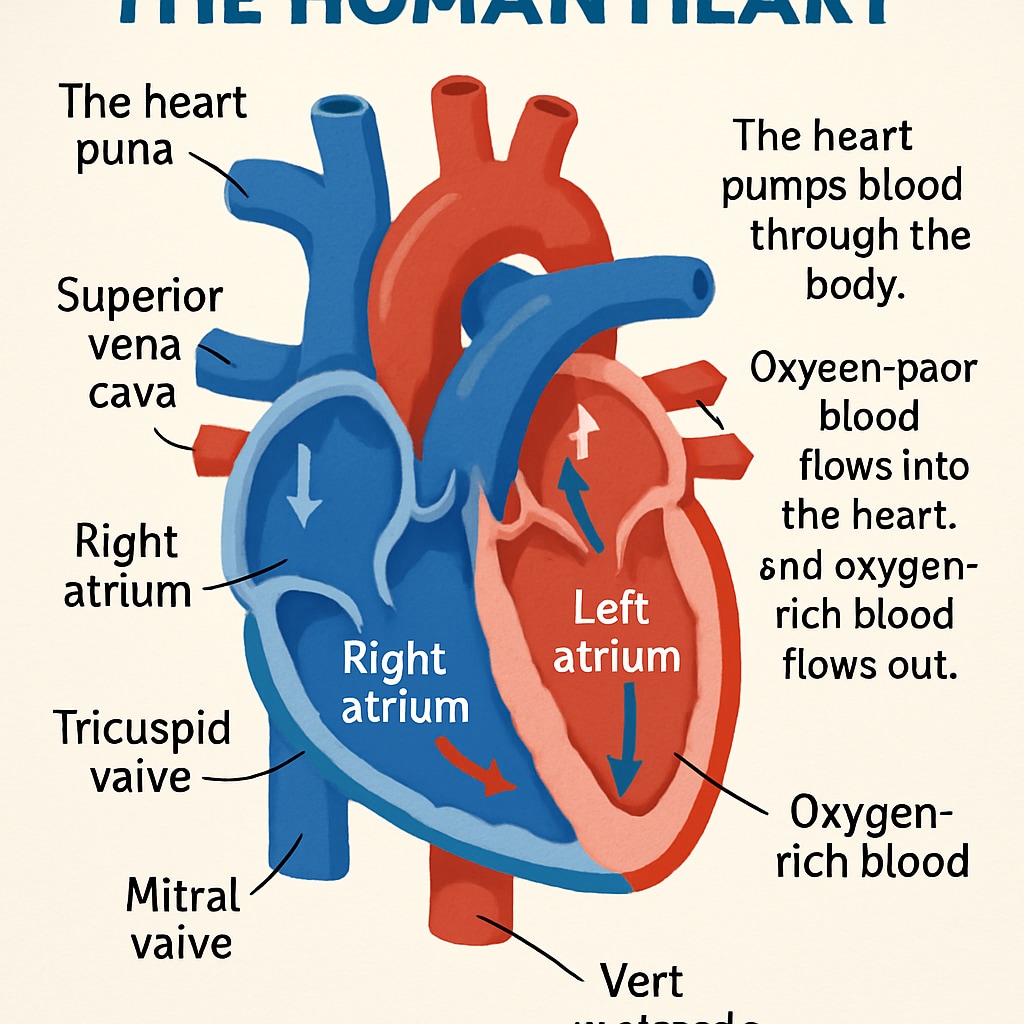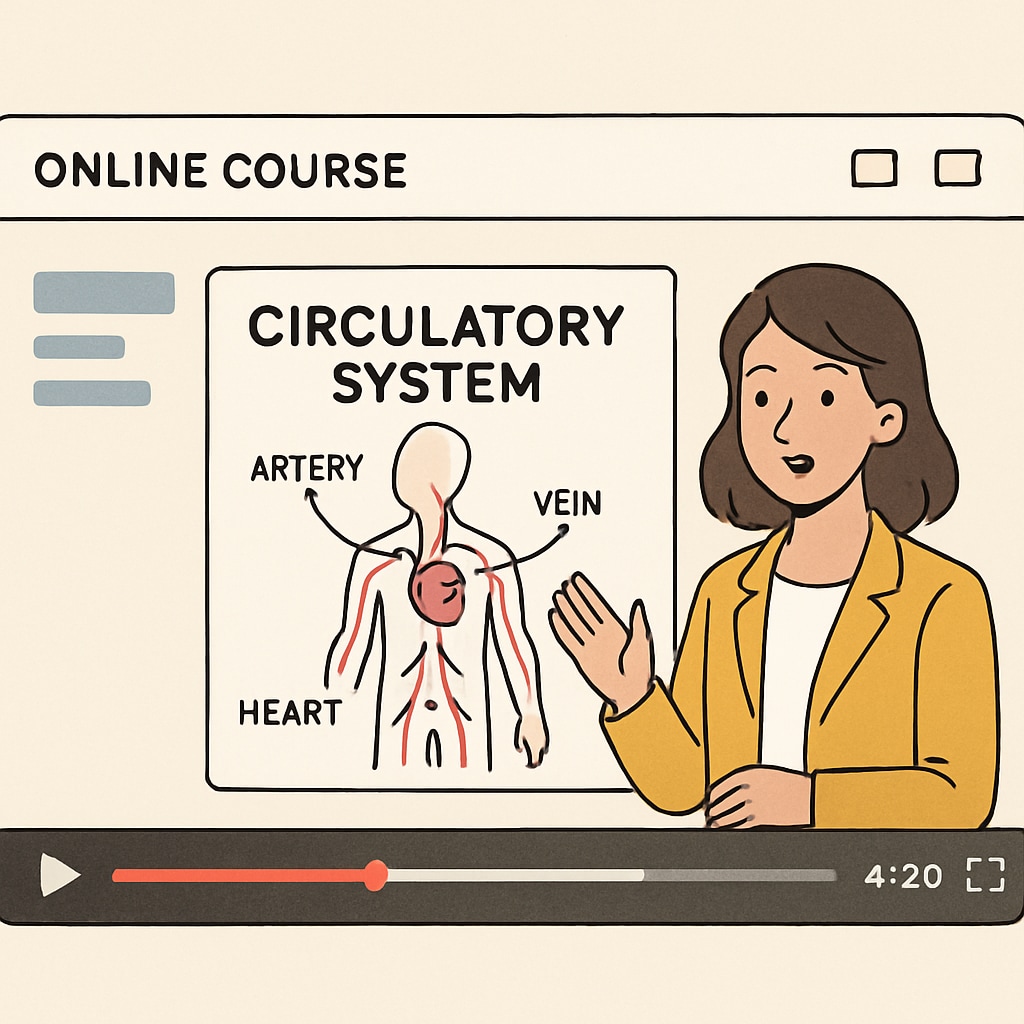In recent years, the demand for accessible online medical education has grown significantly, especially for individuals from non-medical backgrounds. Aspiring young learners, especially K12 students, often show curiosity about healthcare topics like cardiology, but finding appropriate resources tailored to their needs can be challenging. These students require content that bridges the gap between advanced medical knowledge and their current learning abilities, creating opportunities for early healthcare education and inspiration.
Breaking Down Barriers: Making Medical Knowledge Accessible
One of the fundamental challenges in introducing medical education to K12 students is the complexity of the content. Medical terminology, intricate systems, and specialized subjects like cardiology can overwhelm young learners. To address this, educators and platforms need to create resources that simplify essential concepts without diluting their accuracy. For example, visual aids, interactive modules, and engaging storytelling can make topics like the function of the heart or common heart diseases more relatable.

Another effective approach is the use of online courses designed specifically for non-medical audiences. Platforms like Khan Academy and Coursera offer introductory courses in biology and health sciences, laying the groundwork for deeper exploration. These courses often include beginner-friendly content, ensuring students receive a comprehensive yet manageable introduction to the field.
Key Features of Online Medical Courses for K12 Students
When selecting online medical courses for young learners, several criteria should be prioritized:
- Age-Appropriate Content: Courses should align with the cognitive level of K12 students, avoiding overly technical jargon.
- Interactive Learning: Features like quizzes, videos, and animations help maintain engagement.
- Focus on Foundational Knowledge: A focus on basic biology, anatomy, and introductory topics in cardiology ensures learners build a solid base.
For example, Khan Academy’s Biology modules offer accessible content that introduces key concepts in human biology, including the cardiovascular system. Similarly, Coursera’s Introduction to Healthcare provides a broader overview of medical fields, helping students understand the relevance of cardiology within healthcare.

Inspiring Future Medical Professionals
Providing accessible medical education to K12 students has the potential to inspire future careers in healthcare. Exposure to topics like cardiology, combined with engaging learning methods, can spark an interest in medicine and encourage students to pursue STEM fields. Moreover, early education in healthcare promotes awareness of personal health and wellness, empowering students to make informed decisions about their own lives.
As a result, educators, parents, and online platforms play a crucial role in ensuring young learners have access to quality resources. By fostering curiosity and providing age-appropriate tools, we can help bridge the gap between professional medical knowledge and the next generation’s learning capabilities.
In conclusion, the availability of online medical education tailored to K12 students offers a gateway to understanding critical healthcare topics such as cardiology. Whether through interactive courses or visual aids, such resources are vital for cultivating interest and building foundational knowledge in medicine.


